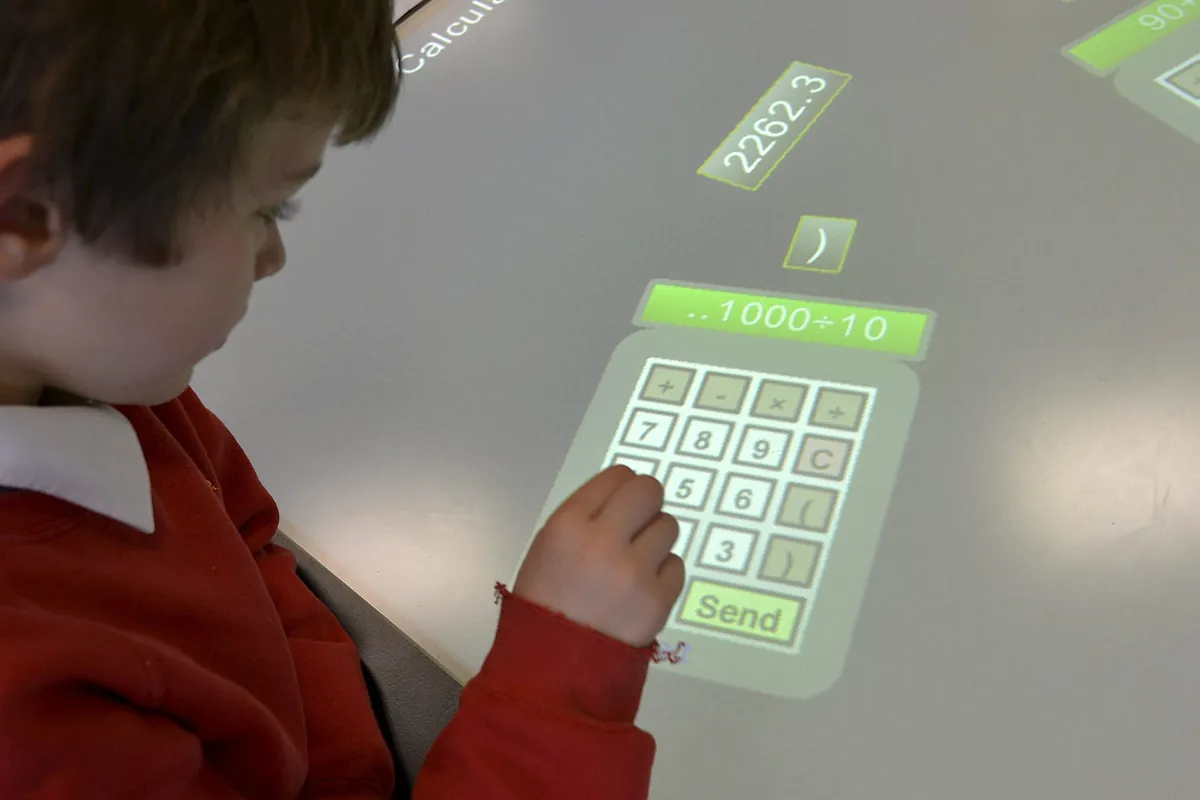Spain's Teachers Revolt: Anti-Screen Plan Sparks Nationwide Backlash
Spain's ambitious plan to limit screen time for students has ignited a firestorm of protest among teachers, raising crucial questions about its feasibility and impact on education. The initiative, aiming to reduce digital device use in classrooms and promote traditional learning methods, has been met with widespread criticism, highlighting the complexities of navigating technological integration in modern education.
The Core of the Controversy: Less Screen, More Strain?
The proposed "anti-screen" plan, while intending to foster better student well-being and improve focus, has been criticized for placing an unrealistic burden on already overworked teachers. The plan's advocates argue that excessive screen time negatively impacts children's development, leading to issues like:
- Increased Myopia: Studies have linked prolonged screen time to a higher risk of nearsightedness.
- Sleep Disturbances: The blue light emitted from screens can interfere with melatonin production, disrupting sleep patterns.
- Reduced Physical Activity: Screen time often displaces opportunities for physical activity and outdoor play.
- Attention Deficit Issues: Excessive digital stimulation can contribute to difficulties with focus and concentration.
However, critics argue that the plan fails to acknowledge the crucial role technology plays in modern education. Many teachers feel the plan is:
- Under-resourced: Lack of adequate resources and training to implement the plan effectively.
- Logistically Challenging: Difficulties in managing classroom activities without the use of digital tools.
- Potentially Inequitable: Disadvantage students who lack access to resources outside the classroom.
A Digital Divide Widens?
One of the most significant concerns raised by teachers is the potential for the plan to exacerbate existing inequalities. Students from less privileged backgrounds may lack access to the resources needed to supplement their learning outside of school, putting them at a disadvantage compared to their more affluent peers. This concern highlights a critical challenge: ensuring equitable access to educational resources regardless of socioeconomic status.
Teacher Unions Lead the Charge
Teacher unions across Spain have voiced strong opposition, citing concerns about workload, practicality, and the potential negative impact on student learning outcomes. They argue that a blanket ban on screens ignores the pedagogical benefits of technology, such as:
- Interactive Learning Tools: Educational software and apps can provide engaging and personalized learning experiences.
- Accessibility for Students with Disabilities: Assistive technologies can greatly benefit students with learning difficulties or physical impairments.
- Access to Information and Resources: The internet provides a wealth of educational materials and resources.
The unions are demanding a more nuanced approach, advocating for a balanced integration of technology in education, rather than an outright ban. They are calling for greater investment in teacher training and resources to ensure the effective and responsible use of technology in the classroom.
Looking Ahead: Finding a Balance
The debate surrounding Spain's anti-screen plan underscores the ongoing challenge of balancing the benefits and risks of technology in education. Finding a sustainable and equitable solution requires open dialogue, collaboration between educators, policymakers, and technology experts, and a focus on evidence-based practices. The future of education in Spain, and indeed globally, hinges on navigating this complex landscape effectively.
Keywords: Spain, education, anti-screen plan, teachers, technology, digital learning, screen time, student well-being, teacher unions, education policy, classroom technology, educational reform, digital divide, educational inequality.
Call to Action: What are your thoughts on Spain's anti-screen plan? Share your opinions and experiences in the comments below!
